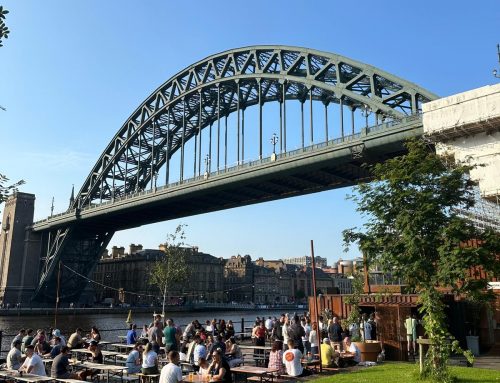
57. Levelling up the coastal edges case study
The study undertaken on behalf of Eastern Arc demonstrates the clear demand to investigate and address coastal inequalities which is more pertinent given the cost of living crisis and the Government’s decision to drop the Health Inequalities White Paper.”
– Sophie Negus, Study Manager.
Coastal communities in England often encounter greater social and economic challenges than their inland neighbours. In order to provide insight into these unique challenges, as well as the potential benefits of coastal living, Kada was commissioned by the Eastern Arc – a strategic collaboration between the universities of East Anglia, Essex, and Kent – to conduct a baseline evaluation that would inform how knowledge exchange could be used to address coastal inequalities.
The mixed methods evaluation first identified target areas along the coast of Norfolk, Suffolk, Essex, Kent, and East Sussex, which reported significant levels of deprivation using the Index of Multiple Deprivation.
The quantitative analysis investigated low pay, unemployment, and life expectancy, as well as sector analysis of the tourist, creative and the energy industries. The data was mapped to provide a statistical picture of themes which effect living on the coastal edges, and an economic opportunity map was also produced to demonstrate the significant low carbon and port infrastructure.
Alongside the quantitative analysis, an extensive desk-review produced a detailed qualitative picture of the challenges and opportunities of coastal living.
The report (available here) found higher levels of deprivation, low-paid work, and unemployment along the coastal edges of the study area, and clusters of lower life expectancy amongst people living in coastal communities.
The findings support national evidence on coastal deprivation and health inequalities which shorten the lives of those living on the coastal edges of England.
The research also highlighted opportunities as the quantitative analysis identified above average industrial sectors, with potential including high concentrations of energy and maritime industries, particularly in the East, and above average clusters of the tourism industry and visitor economy, as well as high concentrations of creative and cultural industries along the coast.
The report, which was launched by the Eastern Arc at the ‘Collaborative Coast’ conference which saw 160 academics and regional stakeholders come together to discuss coastal inequalities, concluded with strategic recommendations to utilise the coastal assets to address the stark inequalities within coastal communities.
“We will link with the sectors of our economy which invest in our region and have demonstrated their strength in doing so. We will collaborate with local authorities, NHS trusts, businesses, charities and other organisations to bring about positive change.
“This report is a hugely important foundation for us doing so. I would like to thank KADA for its work in this, and in particular the report’s author, Dr Sophie Negus”
Get in touch if you are thinking about research exploring inequalities or a baseline evaluation. Contact us at karl.dalgleish@kadaresearch.co.uk or sophie@kadaresearch.co.uk if you would like to talk through an idea or hear about this work.







